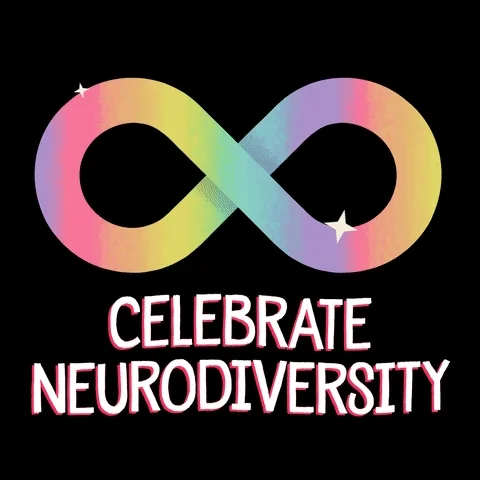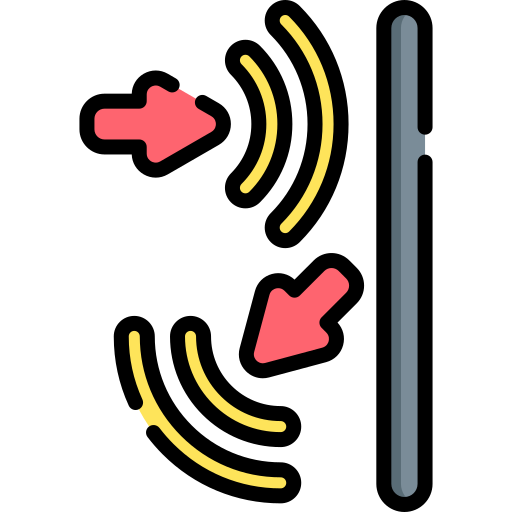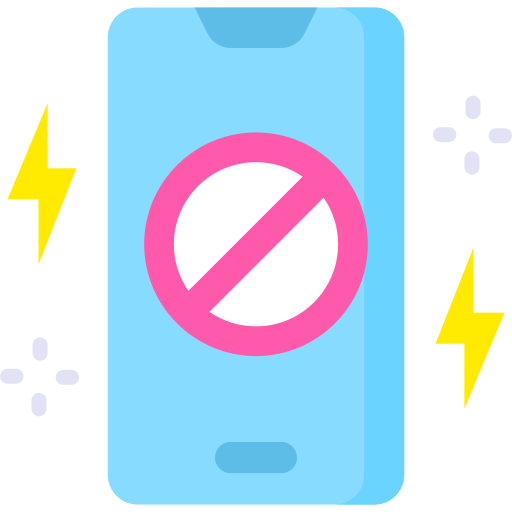Do you think you are neurodiverse? Do you wonder what it would be like to work with a neurodivergent colleague?
This is the place to be!
Having personally benefitted from an inclusive workplace, I want to share some insights from my experience.

What does it mean to be neurodiverse?
Neurodiversity is the idea that people experience and interact with the world in many different ways, and differences are not viewed as defects.
Being neurodivergent means having a brain that works differently from the average person's, leading to different challenges and strengths.
Some conditions that fall on the neurodiversity spectrum are:
Down's Syndrome
Dyslexia
Dyspraxia (coordination issues)
Autism Spectrum Disorder

Having a neurodivergent workforce benefits companies
The benefits of having an inclusive, neurodiverse workforce are greater than ever due to technological advancements.
Neurodiverse employees are usually loyal to a good company.
Neurodiverse employees may have qualities such as empathy and creativity.
Neurodiverse workplaces have reported higher productivity and higher success rates.

It's important to support neurodiversity in the workplace
People with neurodevelopmental differences may feel excluded in the workplace.
To foster a more inclusive workforce, managers should be trained and encouraged to offer 1-to-1 support.
True inclusion and acceptance of who people are neurodiverse creates a safe and judgment-free environment, allowing everyone to be themselves at work.
 Photo by Tim Mossholder on Unsplash
Photo by Tim Mossholder on UnsplashWorkplaces can become more inclusive by:
Promoting and demonstrating empathy, kindness, and patience
Providing noise-blocking headphones for a person who finds noise overstimulating
Offer flexible working arrangements
Allowing standing desks, doodling, fidget toys, and stress squishers
Establishing quiet areas, quiet times, & flexible break times
Communicating concisely and as needed

If you or a colleague could benefit from these options, approach your People Operations/Human Resources department or manager and advocate for a more inclusive workplace.
Managing neurodivergence at work

Meet Smith. He was recently diagnosed with ADHD. Smith is learning to manage his day-to-day life at work by:

Using lists, diaries, and reminders, and setting aside time to plan so that he can stay organized

Finding ways to relax, such as listening to music or learning breathing exercises for stress

Eating a balanced diet with plenty of brain-friendly foods and avoiding sugar

Getting at least 6–8 hours of a good night's sleep and a nap before 3 PM

Listening to soothing music or neutral sounds (click here to hear it)

Trying to exercise or walk for 30 minutes every day

Meditating or practicing mindfulness

Turning off screens an hour before bed
Quiz
Smith finds it difficult to focus due to some construction noise at work. How can the workplace help Smith? Select all that apply.
Take Action
 Photo by Annie Spratt on Unsplash
Photo by Annie Spratt on UnsplashTake it further with these ideas!
Your feedback matters to us.
This Byte helped me better understand the topic.
